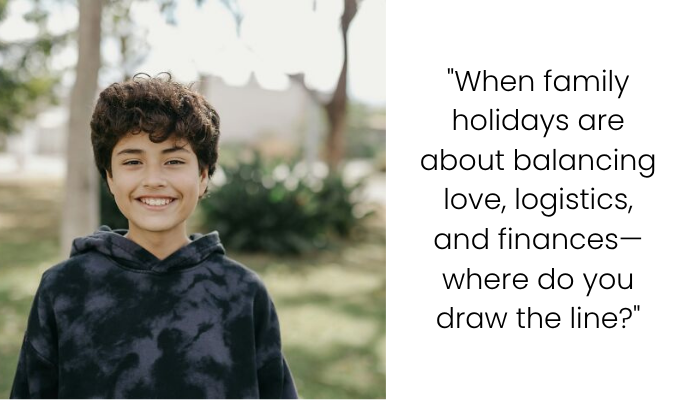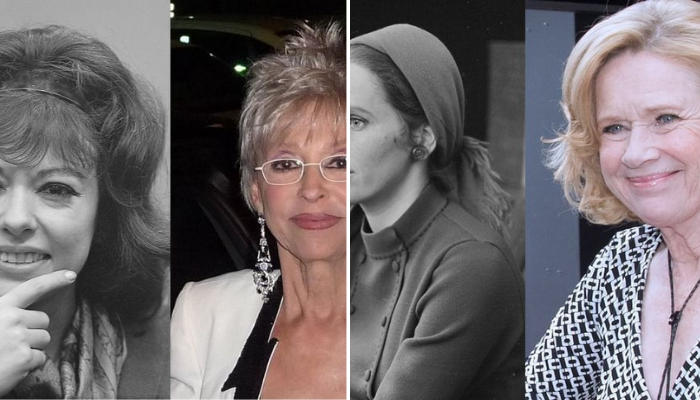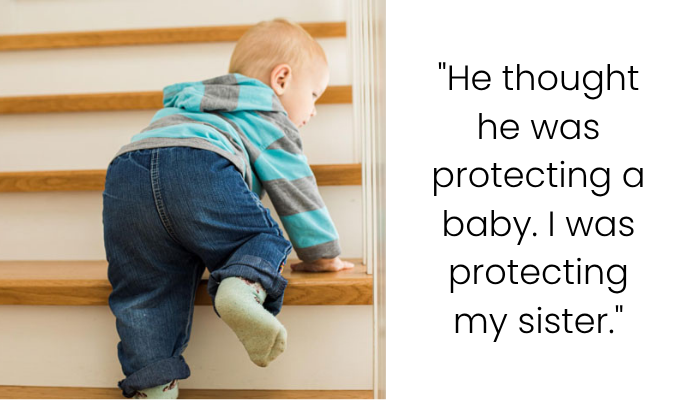Can Family Tradition Justify Excluding My Loved Ones from My Wedding? WIBTA for Calling It Off?
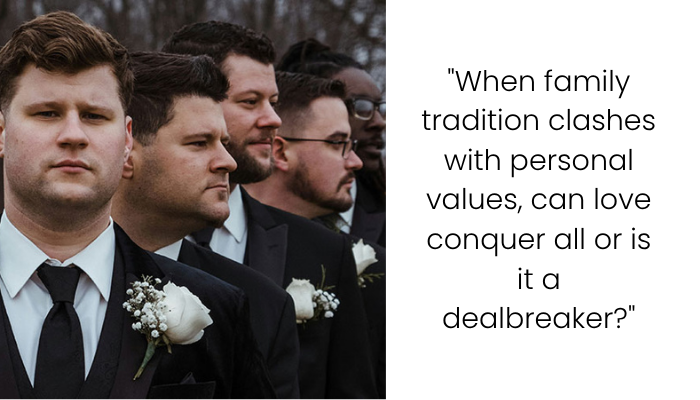
The poster is a woman who has been engaged to her fiancé since February, with plans to marry next year. Recently, her fiancé revealed a long-standing family tradition that is causing significant discomfort and frustration for her. According to this tradition, only the bride and the men from both the bride’s and groom’s sides can attend the wedding ceremony. Afterward, two weeks later, the women from both families have a separate, smaller celebration, where the husband is the only man present. The tradition originated from his great-great-grandmother’s time, where she was the only woman in her family, and the women on her husband’s side created this separate celebration to make her feel more comfortable. Despite having been together for three years and considering their relationship serious, the fiancé never mentioned this tradition before, which has left the poster feeling upset and excluded. Her fiancé believes she is overreacting and refuses to discuss a “normal” wedding, dismissing her concerns.
Wedding traditions can be a beautiful thing… however, not all of them are winners. Some of them are incredibly isolating and uncomfortable
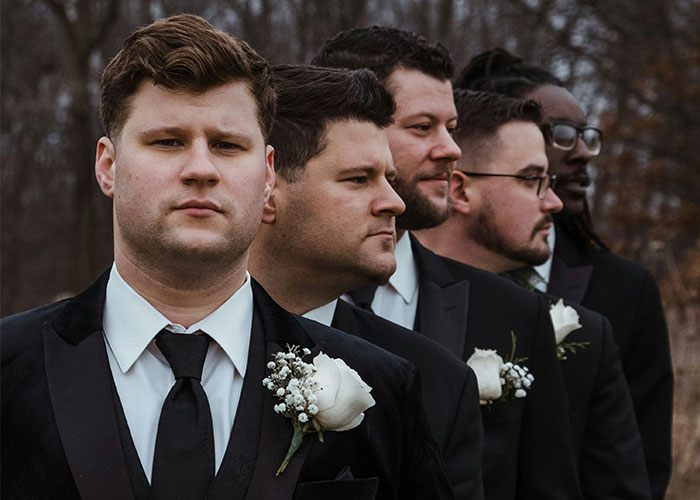
Advertisement – Continue Reading Below
An anonymous bride-to-be spilled her heart online about how she’s thinking about calling off her wedding. All because of her fiancé’s bizarre family tradition

Advertisement – Continue Reading Below

Advertisement – Continue Reading Below

Advertisement – Continue Reading Below
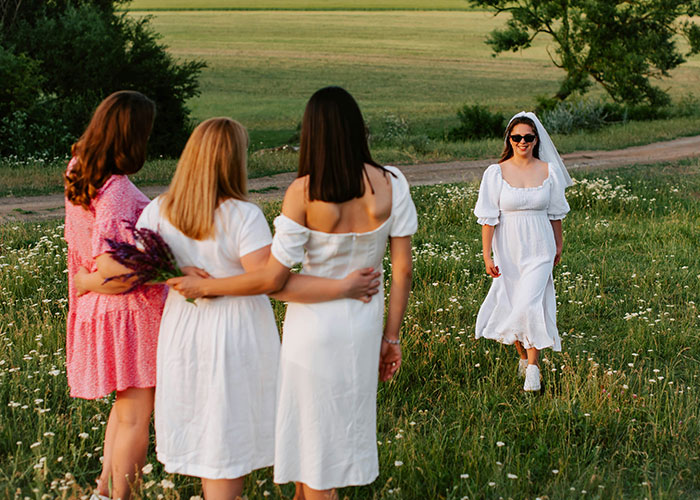
Advertisement – Continue Reading Below

Advertisement – Continue Reading Below

Advertisement – Continue Reading Below

Advertisement – Continue Reading Below

Advertisement – Continue Reading Below
This situation brings to light the complexities of blending personal preferences, cultural traditions, and family expectations in a marriage. The family tradition is undeniably important to the fiancé and is deeply rooted in his family’s history, but it starkly contrasts with the poster’s expectations for her wedding day. Weddings are often seen as a communal celebration, where the bride is surrounded by her closest loved ones—family, friends, and people who are significant in her life. The tradition of excluding women from the ceremony creates a feeling of exclusion, isolation, and lack of support, which is understandably troubling for the bride-to-be.
Advertisement – Continue Reading Below
Her concerns about not having her mother, sister, and friends present at one of the most significant moments in her life are valid. It’s not simply about a wedding; it’s about feeling loved, supported, and celebrated. A wedding day, for many, is a once-in-a-lifetime event that involves the people who have been most significant in their life, and for the poster, this tradition would mean excluding those very people.
Another layer of the issue is the fiancé’s failure to communicate this important family tradition before the engagement. After being in a serious relationship for three years, the fact that he did not mention this tradition sooner is problematic. It raises questions about communication, openness, and how decisions about the future are made in their relationship. For the fiancé to dismiss her concerns by labeling them as an “overreaction” and refusing to even discuss alternative options feels dismissive of her needs and desires.
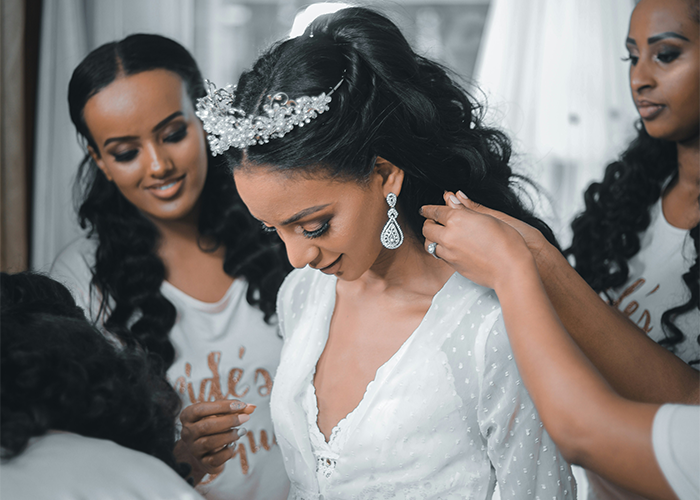
Advertisement – Continue Reading Below
In relationships, particularly in the context of marriage, compromises are often necessary, but there is also a need for mutual respect and understanding. The fiancé seems to be prioritizing family tradition over his fiancée’s feelings, which could indicate a deeper issue of how they may navigate other significant decisions together in the future. The refusal to engage in a dialogue about finding a middle ground only exacerbates the problem.
Cultural traditions can be important, but they should not come at the cost of the individual’s well-being or personal happiness, especially when it comes to a wedding—an event that is supposed to honor both people in the couple. The poster’s discomfort is not a sign of disrespect toward the fiancé’s culture but a reflection of her own need to feel celebrated in a way that aligns with her values and desires. Ignoring her concerns and refusing to have an open conversation about how they can navigate this issue might result in long-term resentment and emotional distance.
Most internet users who read the story came out in support of the woman. Here are the words of encouragement they gave her

Advertisement – Continue Reading Below

Advertisement – Continue Reading Below

Advertisement – Continue Reading Below

Advertisement – Continue Reading Below

Advertisement – Continue Reading Below

Advertisement – Continue Reading Below
The poster is justified in feeling upset about this family tradition and her fiancé’s reluctance to discuss alternatives. The tradition, while important to his family, undermines the poster’s right to have her loved ones present on such a significant occasion. The fiancé’s failure to communicate this earlier and his refusal to engage in a conversation about how to move forward signals a lack of understanding and respect for his fiancée’s needs. It’s crucial in relationships to have open, honest communication and to find ways to compromise in a manner that respects both parties’ desires. While cultural traditions are important, they should not trump the bride’s comfort, especially when it’s about her big day. The poster is not overreacting; rather, she’s expressing a legitimate concern about how she envisions celebrating her marriage and the people she wants to include in that moment.

